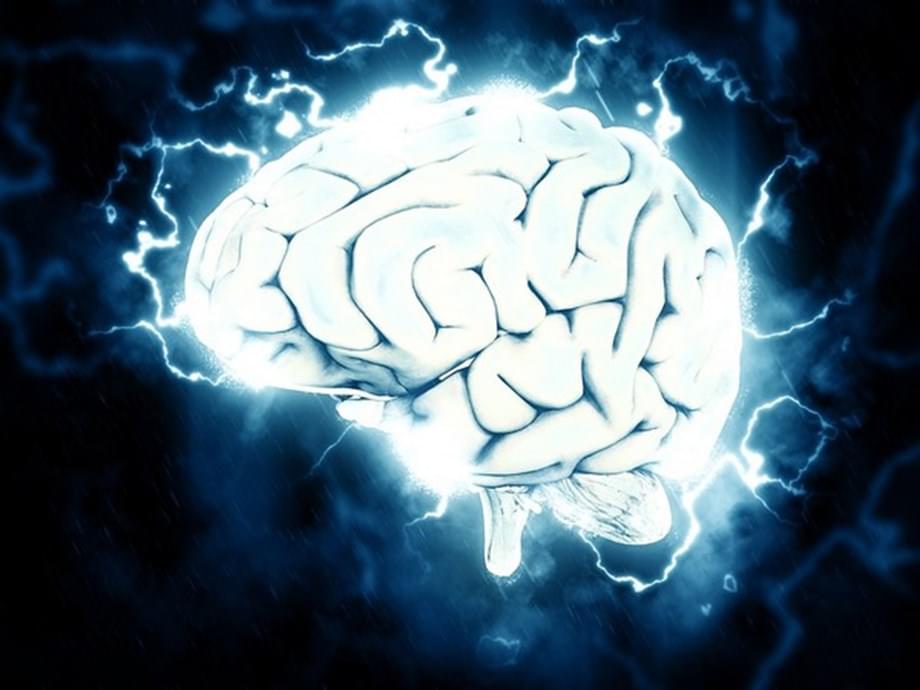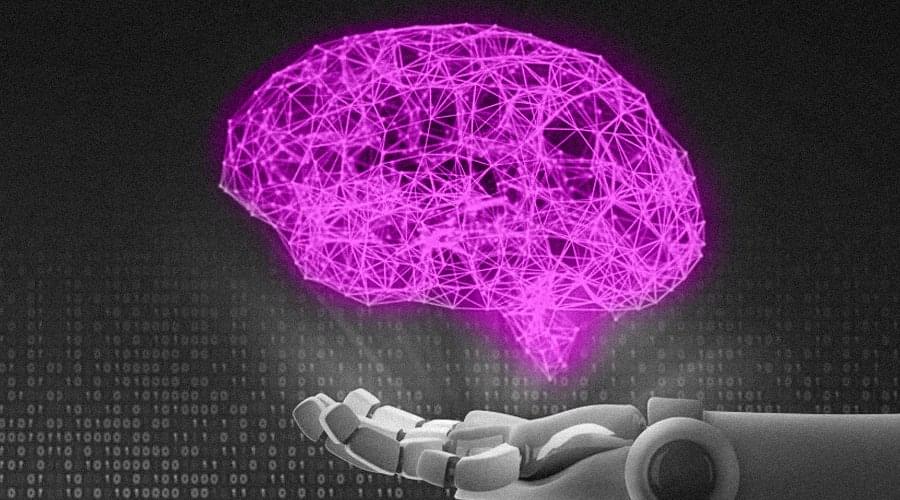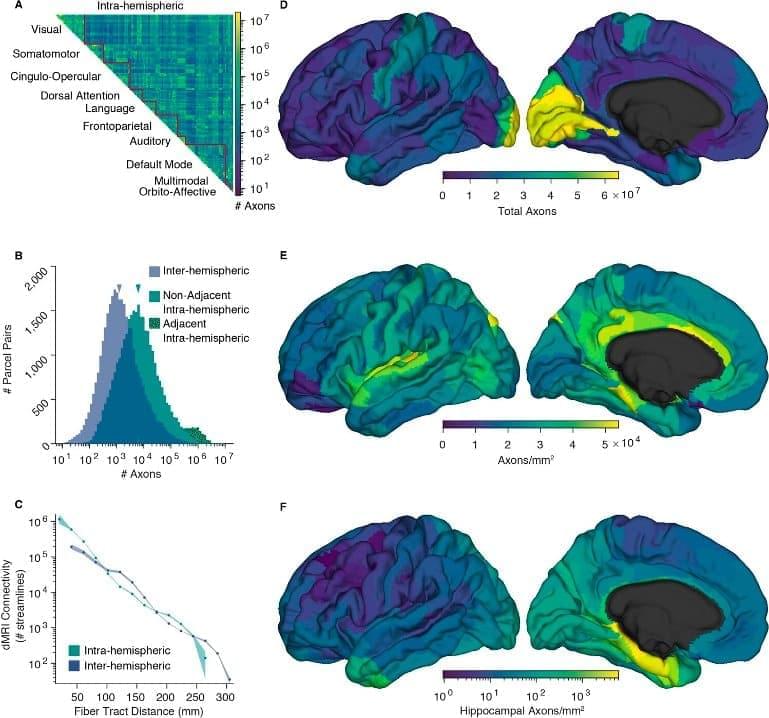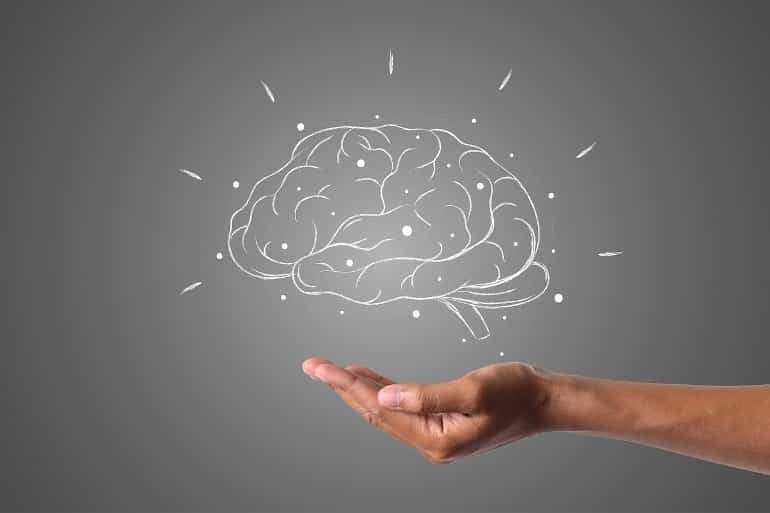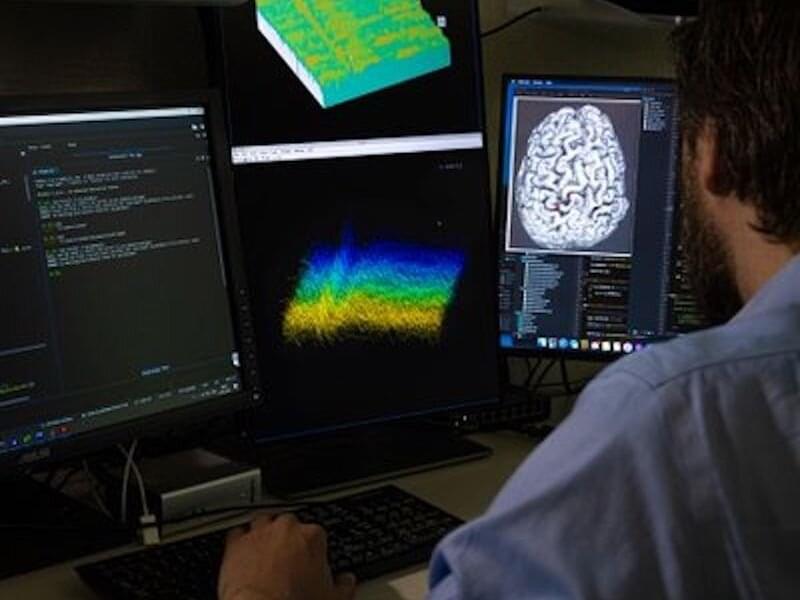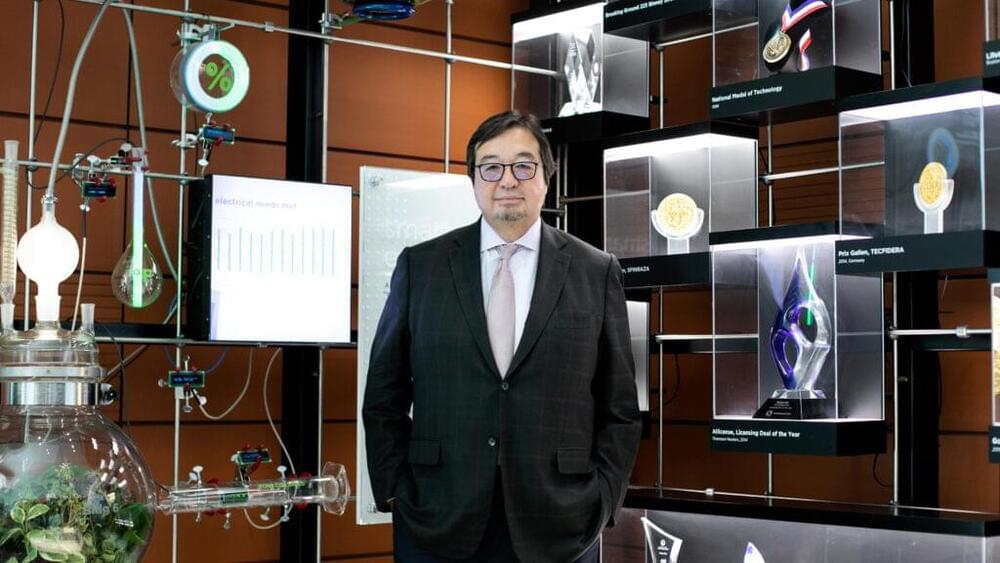Mar 26, 2022
Study finds neurons responsible for encoding outcomes of actions
Posted by Genevieve Klien in categories: biotech/medical, neuroscience
A new study led by the Massachusetts Institute of Technology has found that a group of neurons in the brain’s striatum encodes information about the potential outcomes of different decisions. The study was published in the journal, ‘Nature Communications’.
A group of neurons in the brain become particularly active when a behaviour leads to a different outcome than what was expected, which the researchers believed helped the brain adapt to changing circumstances. “A lot of this brain activity deals with surprising outcomes because if an outcome is expected, there’s really nothing to be learned. What we see is that there’s a strong encoding of both unexpected rewards and unexpected negative outcomes,” said Bernard Bloem, a former MIT postdoc and one of the lead authors of the new study.
Impairments in this kind of decision-making are a hallmark of many neuropsychiatric disorders, especially anxiety and depression. The new findings suggested that slight disturbances in the activity of these striatal neurons could swing the brain into making impulsive decisions or becoming paralyzed with indecision, the researchers said. The striatum, located deep within the brain, is known to play a key role in making decisions that require evaluating the outcomes of a particular action. In this study, the researchers wanted to learn more about the neural basis of how the brain makes cost-benefit decisions, in which a behaviour can have a mixture of positive and negative outcomes.
